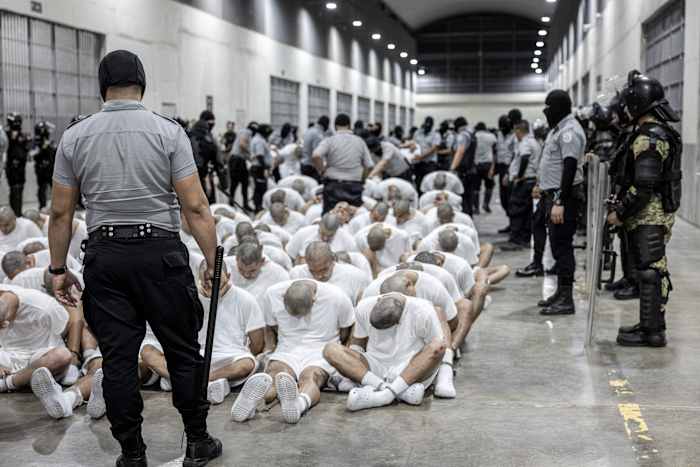The ‘state secrets privilege’ sounds mysterious. Here’s what it is and how it works
The Trump administration is invoking a powerful tool in seeking to cut off a judge’s inquiry into whether it defied his order to turn around planes carrying Venezuelan migrants who were being deported from the United States. The Justice Department said in court papers Monday that it was invoking the “state secrets privilege” in refusing to provide details demanded by U.S. District Judge James Boasberg about flights that carried the migrants to El Salvador earlier this month. The claim often functions as a prevailing legal authority that has been used to limit or file lawsuits against the government when it says military or national security interests are at risk. In 2022, the Supreme Court dismissed a lawsuit filed by a detainee at Guantanamo Bay who was captured after the Sept. 11 attacks and tortured by the CIA abroad. The court agreed with the government’s invocation of “state secrets” and ruled that information about the treatment of the detainee, Abu Zubaydah, must remain secret even though much of it has been widely reported. Where does the state secrets privilege come from? The legal doctrine has its roots in a contract between President Abraham Lincoln and a spy for the Union during the Civil War. After the spy’s estate sued for money owed for his wartime service, the Supreme Court ruled in 1876 that some subject matters, including involving espionage, are so sensitive that courts have no business even hearing lawsuits. During the Cold War, the court also declared that some pieces of evidence sought in lawsuits must remain secret. After their husbands died in the crash of a B-29 bomber, three widows sued for the accident report. In 1953, the justices allowed the executive branch to withhold, even from the court, details about the crash because officials said it was on a secret mission to test new equipment. What does the deportation case have to do with state secrets? The current case began when President Donald
